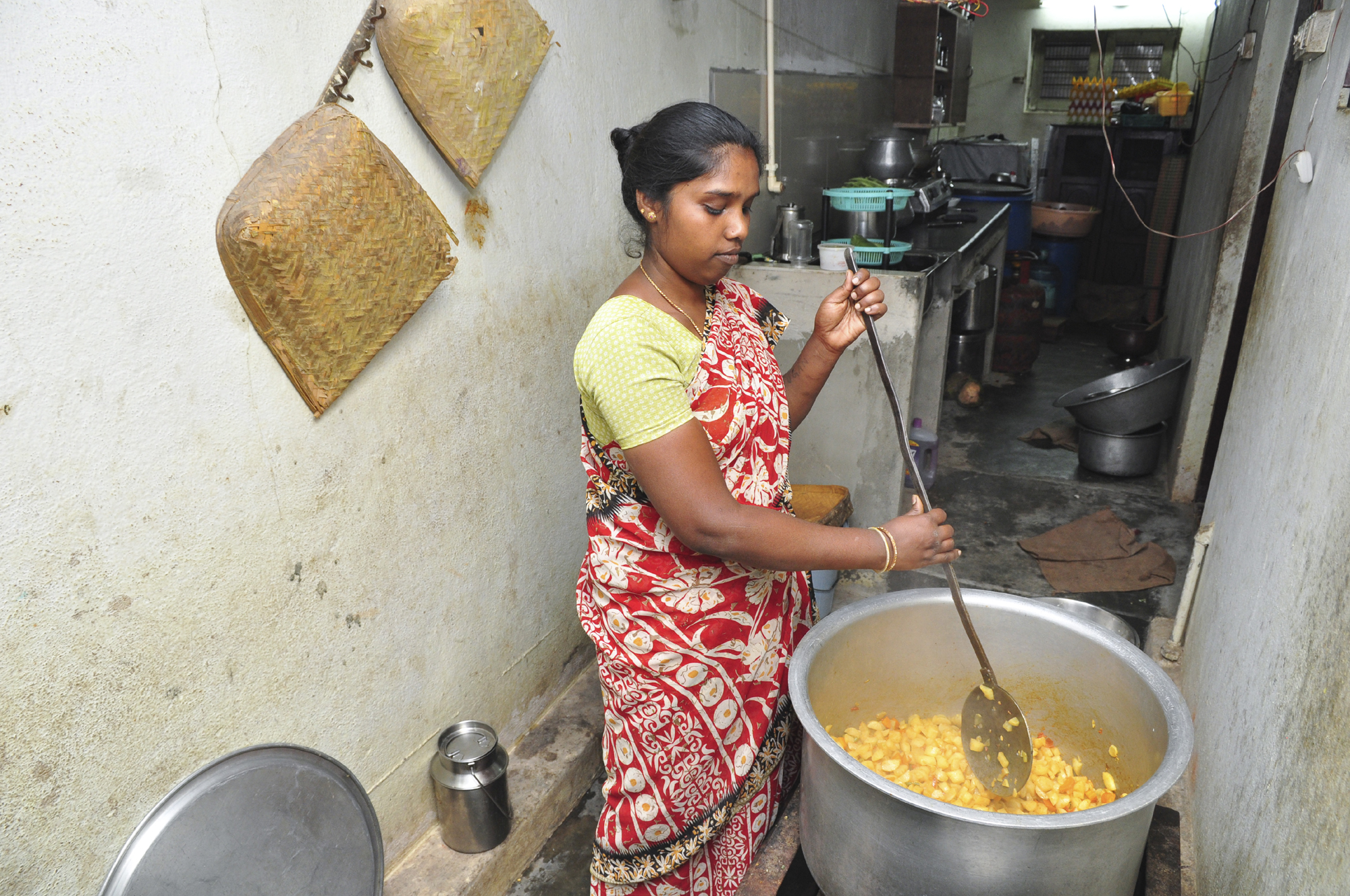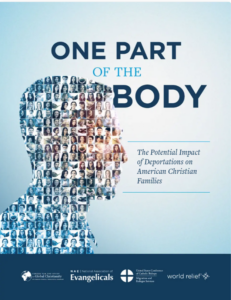
INDIA (BP)–Trishna* grew up in one of India’s slums — squalid, crime-ridden places where families languish in misery. Drunken, unemployed men beat their wives, women turn to prostitution to feed their families, and children gamble, drink and steal.
Trishna’s fate was like most girls in the slum, who — some as young as 10 — are given in arranged marriages by parents who often see them as burdens to be shifted to someone else.
Speaking through a translator, Trishna, now about 29, wept as she recalled her own marriage at age 14 to a wild, abusive alcoholic and the life in which it imprisoned her.
Trishna’s new husband savagely beat her — and later their three young sons — in nightly drunken rages, sometimes wielding an iron rod.
“The children would try to stop him, but since they were very small, he would beat them and push them out of the way,” she said.
Trishna’s eldest son, Anand*, now 14, recalled how his father often threw them out into the street, where they remained until he left in the morning.
“He would come, hit my mother and tell her, ‘Go out from my house,'” Anand said.
Trishna struggled to feed herself, her children and her in-laws with whom she shared a tiny concrete dwelling. Her husband provided nothing for his hungry family.
“He used to bring food home and eat it all himself while the children and I watched him with hunger,” Trishna said.
Forbidden by her husband to work, Trishna scrounged what she could to survive. She could not buy her children the most basic school supplies or pay for their exams. The children roamed the streets as unruly miscreants, following the same path their father likely did as a boy.
“When I was younger, I used to hang around with the boys in the slum,” Anand said. “I had bad habits. I fought a lot and I got into trouble.”
Trishna’s in-laws showed only cruelty. They constantly demanded food, and when she tried to flee from her husband’s beatings, they held her in place so he could hit her more easily.
Hopeless, miserable and bitter that others seemed happy while she suffered, Trishna resolved to hang herself more than once.
“Many times I put my sari [dress] in the fan to commit suicide, but I always thought of the children,” she said. “I was the only one who cared for them, since my husband did not. Because of them, I decided not to kill myself.”
Trishna pleaded with the idols at Hindu temples to save her, walking over burning coals and stamping on fire to earn their favor.
“I asked for my husband to change, my life to change, for all the poverty to go away,” she said.
It did not.
But as she cried out to statues that could not save, her children were discovering the God who does. They had begun attending a nearby feeding and educational ministry run by Indian Christians and partly funded by the Southern Baptist World Hunger Fund.
Trishna’s children heard the Gospel and accepted Christ, and they started to pray at home. At the same time, Trishna heard about sewing classes the slum ministry offered. She went to the classes hoping to find a skill to help feed her family, but while there, she found something much more precious.
“I learned about Jesus,” she said.
Eventually Trishna received Jesus as her Savior, and the bitterness that consumed so much of her life dissipated.
“I used to get very angry, but after coming to know Jesus, all the anger left, and I started feeling peace in my heart,” she said. “I knew that Jesus was changing my life.”
Trishna wanted to be baptized and sought her husband’s permission. Initially he refused, but then he agreed to leave the decision to her mother.
“I asked my mother, ‘Do you want your daughter to be miserable or do you want her life to have peace?'” Trishna recounted. “She told me, ‘Whatever is giving you peace, go and do it.'”
Trishna’s new faith, however, did not stop all her suffering. While her husband finally allowed her to find work as a housekeeper, he started stealing her money to buy alcohol. When she and her sons prayed in the house, he beat them for their new faith.
Yet that same faith took away Trishna’s resentment at the man who had tormented her for 15 years. She started praying for her husband to stop drinking, abandon his idol worship and come to know Jesus. She believes her prayers are slowly bearing fruit.
Her husband once made long pilgrimages to Hindu temples to perform many worship rituals, but recently he threw his idols out of the house. In rare moments of sobriety, he has promised to stop drinking and start coming to church. Although he is largely unchanged and the abuse and drunkenness continue, Trishna finally has hope.
“I am praying very hard,” she said.
Her sons are now doing well in school thanks to the teachers at the slum ministry, and she prays that they will escape the cycle of poverty that nearly destroyed her.
“I want my children to become something in life,” Trishna said. “They are Christians, and God has blessed them.”
Anand already has plans to enter the ministry.
“I want to share what has happened in my life with other people and share the Gospel with them,” he said.
Trishna still faces a future fraught with hardship. Her family continues to live in the slum, the same slum in which she grew up. Working as a housekeeper in the day and as a helper at the slum ministry at night, Trishna remains the sole provider for her family and her in-laws. She does not know whether her husband will ever truly change. Yet she meets these challenges with the knowledge that she is deeply loved by her Savior who gave her life from death in so many ways.
“I can’t explain it in words,” she said. “He is everything to me.”
–30–
*Names changed. Marcus Rowntree served as a writing intern in southern Asia. Readers may write to Rowntree at [email protected]. For more information on how you can support the Southern Baptist World Hunger Fund, visit www.imb.org/worldhunger.















